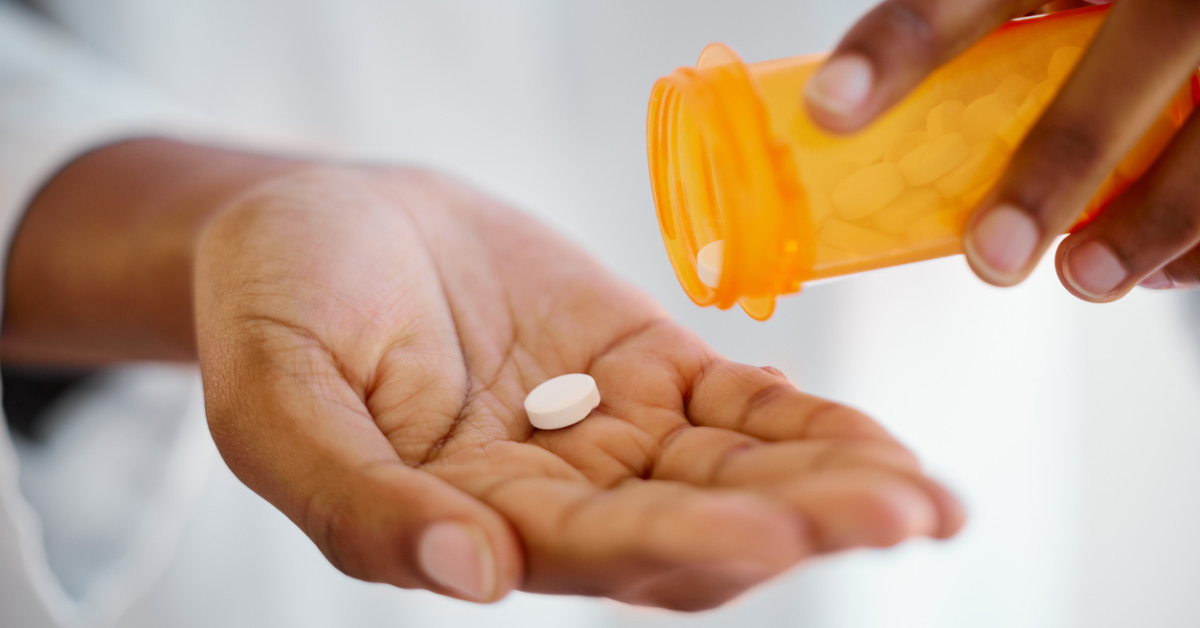In 1928, a chance event in bacteriologist Alexander Fleming’s London laboratory changed the course of medicine, leading to the discovery of the first antibiotic. While it took more than a decade before the first clinical use of penicillin, this marked the beginning of an effective way to treat bacterial infections such as pneumonia and staphylococci.
Today, more than 100 different antibiotics are widely used to treat a multitude of illnesses, effectively combating infections that once posed significant and sometimes deadly risks. However, the widespread use of antibiotics has also led to the growing global health issue of antibiotic resistance.
“Antibiotics are not a cure-all for every illness,” says Dr. Sean Nguyen, a physician at Tidelands Health Family Medicine at The Market Common. “They can be effective against most bacterial infections, but they won’t work on viruses like the flu, common cold, RSV or COVID-19.”
This common misconception often leads to the overuse of antibiotics, which significantly contributes to the rise of antibiotic-resistant bacteria, making infections increasingly difficult to treat, says Ryan Dunne, Tidelands Health clinical pharmacist and chair of the Tidelands Health Antimicrobial Stewardship Committee.
The goal of the Tidelands Health Antimicrobial Stewardship Committee is to help support the appropriate use of antibiotics at Tidelands Waccamaw Community Hospital and Tidelands Georgetown Memorial Hospital.
Like many health systems, Tidelands Health conducts annual inpatient antibiograms to track which bacteria are developing resistance to certain antibiotics in the region. Antibiograms identify patterns of antibiotic susceptibility and monitor changes over time. This information helps prescribing hospitalists select the most effective antibiotic treatment, optimizing patient care.
“If a patient has an infection, such as Escherichia coli (E. coli) or Methicillin-Resistant Staphylococcus aureus (MRSA), this information allows physicians to make an informed decision about the most appropriate antibiotic treatment,” says Dunne. “These measures ultimately improve patient outcomes.”
Enjoying this story? It’s free to republish. Learn more.
Dunne says antibiotic resistance at these hospitals is generally more favorable than in other parts of the state.
Thanks to proactive measures taken by its antimicrobial stewardship committee, Tidelands Health is staying ahead of antibiotic-resistant bacteria, helping to improve patient outcomes in the process.
Dunne says the best way individuals can help against antibiotic resistance is by avoiding the use of antibiotics for viral infections and always communicating to your care provider any past reactions to antibiotics, including the symptoms you experienced and when they occurred.
If you have questions about antibiotics or need guidance on managing an infection, consult your health care provider or pharmacist.

Dr. Sean Nguyen
Family Medicine Physician at Tidelands Health Family Medicine at The Market Common in Myrtle Beach
Bio
Dr. Sean Nguyen is a family medicine physician practicing at Tidelands Health Family Medicine at The Market Common in Myrtle Beach. A native of Myrtle Beach, Dr. Nguyen speaks English and Vietnamese.
Learn MoreMedical Education
Education
Wofford College, Medical University of South Carolina
Internship
Tidelands Health MUSC Family Medicine Residency Program
Meet the Expert
Dr. Sean Nguyen
Dr. Sean Nguyen is a family medicine physician practicing at Tidelands Health Family Medicine at The Market Common in Myrtle Beach. A native of Myrtle Beach, Dr. Nguyen speaks English and Vietnamese.





